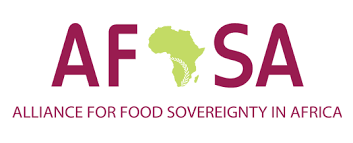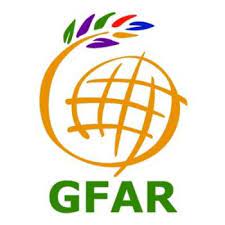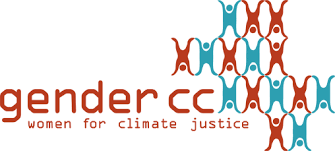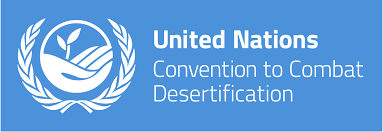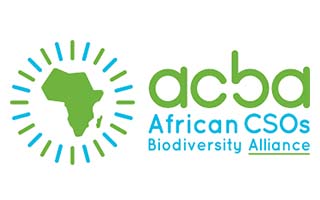"Africa and the Climate: an Opportunity to Adapt and thrive "
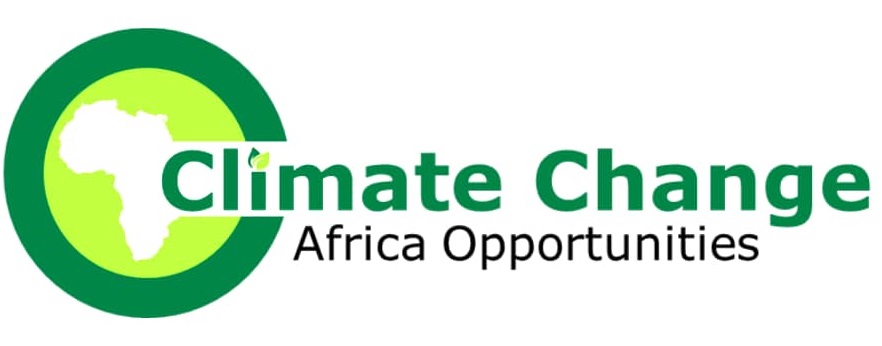
|
|
SeatDemocratic Republic of Congo |

|
climatechangeafricaopp@gmail.com |
"Africa and the Climate: an Opportunity to Adapt and thrive "

|
|
SeatDemocratic Republic of Congo |

|
climatechangeafricaopp@gmail.com |
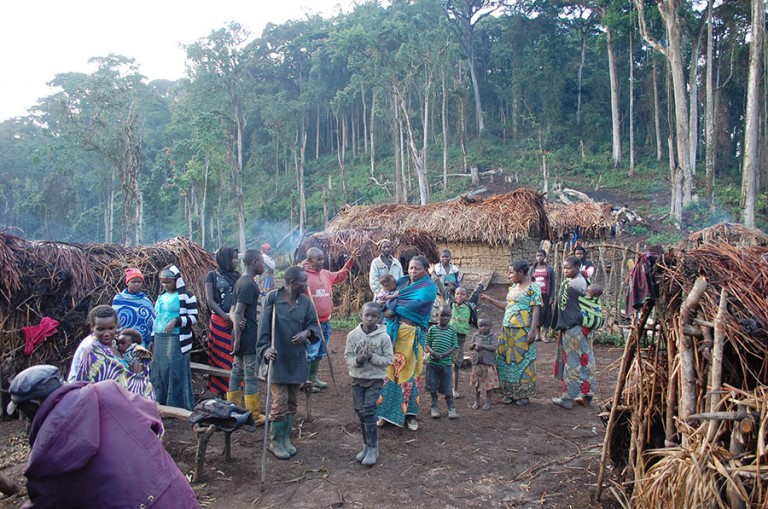
More than four decades after the expulsion of the Batwa from their ancestral forests, today Kahuzi Biega National Park (PNKB), a group of Batwa overwhelmed by extreme poverty and the government's unfulfilled promises decide to return to this Park despite the legal restrictions in force in the Democratic Republic of the Congo. Since then, these native Batwa residents have regularly clashed with eco-guards, sometimes resulting in loss of human life.
The creation of the Kahuzi Biega National Park (PNKB) in the Democratic Republic of Congo (DRC) in 1971 left thousands of Batwa in a very precarious situation. The indigenous Batwa have been culturally destroyed by the loss of their forests. Despite this, in 1980, this Park was declared a World Heritage Site by Unesco. The spoliation of ancestral lands of the Batwa natives without compensatory measures has had and continues to have particularly devastating effects on Batwa women, one of whose central roles is to feed and care for their families. Now local Batwa indigenous women are deprived of their means of subsistence and are confined to very precarious living conditions, thus exposing them to exploitation and violence.
This extreme poverty sometimes leads the native Batwa riparian residents to enter the Park despite the legal restrictions in force, to take vital natural resources for their servant as means of subsistence such as honey or medicinal plants. In fact, Law No. 14/003 of February 11, 2014 on nature conservation strengthened the repressive regime in order to ensure the protection of species, investments and natural habitats. Article 10 of the aforementioned law provides that "(...) species of wild fauna and flora are protected at all stages of their biological cycle". However, Law No. 14/003 grants certain exemptions from conservation measures, in particular in the interest of public health and safety, as well as the food security of populations living near protected areas. Unfortunately, the enforcement of these derogatory provisions is proving difficult due to the lack of enforcement measures.
The evictions at PNKB took place over two decades: the 1960s and 1970s. About 6000 Batwa were forcibly evicted from their ancestral lands located in this park. Between 1970 and 1985, the Batwa were expelled respectively from the hills of Chatondo, Katasomwa, Munango, Kabona, Kakumbukumbu and Bukulula… spaces to date erected in the high altitude of Kahuzi-Biega National Park. These hills are located straddling the territories of Kabare, Kalehe and Shabunda in South Kivu Province in eastern DRC.
According to the census carried out in 2017 by the National Institute of Statistics of the DRC, there are approximately 9,608 Batwa natives occupying in 101 villages bordering the high altitude part of PNKB, precisely in the territories of Kabare and Kalehe, in South Kivu province.
The Batwa return to PNKB
Unexpectedly, in October 2018, around 40 Batwa households from Buhobera village in Kalehe territory will decide to return to PNKB. They will be gradually joined by several other Batwa from Kabare and Bunyakiri. The Batwa will use the Bantu as labor for the manufacture of charcoal and sawing boards. In the current state, and given the extreme poverty of the Batwa and the perpetual quest for their survival, it is hardly surprising to observe such abuses. "Returning to the park may have seemed like a momentary opportunity that needed to be taken advantage of," said a Twa indigenous leader from Kabare.
Since the incursion of the Batwa natives into the Kahuzi Biega National Park, violent and sometimes deadly altercations between Batwa natives and eco guards have intensified. Several actions have been taken to defuse this crisis. On several occasions, the PNKB tried to use force (burning huts, using firearms, arrests, threats) to dissuade the Batwa from staying in the Park, but in vain. On the contrary, these attempts at deterrence most often lead to often deadly clashes.
To date, there are already nearly ten dead and many wounded both on the Batwa side and on the eco guards side. Some Batwa leaders are currently languishing in prison, others are under arrest warrants. In this regard, the example of chief Twa Kasula, from the village of Muyange in the groupement of Miti, in South Kivu is striking, on February 24, this chief Twa and seven other Batwa including two women were condemned to heavy sentences. ranging from one year to 15 years in prison and payment of fines. For many observers, this trial did not meet the conditions of a fair trial: in a single day, the Judges heard the cases of eight Batwa, and the same day, the verdict was delivered. Then, as the Batwa were unable to choose a lawyer, the Tribunal automatically appointed a lawyer the day before the trial. In these circumstances, the legal aid lawyer could not have had enough time to prepare the defense of eight Batwa.
It is clear that if this return had been authorized and planned (framed) in accordance with the 2014 roadmap (which provided for the erection within the Park of pilot areas where the Batwa could manage biodiversity in a sustainable manner), it could have been possible to guarantee both the rights of communities and the protection of biodiversity.
The regular clashes between eco-guards and Batwa, which have increased since the Batwa's return to PNKB, must challenge all the parties to this conflict, both at national and international level. Urgent measures must be taken to discourage those who destroy this world heritage which is the PNKB and above all so that the scenes of violence that we are witnessing do not happen again. Adequate and sustainable mechanisms must be put in place to protect and promote the rights of the Batwa but also to protect the biodiversity of the PNKB.






